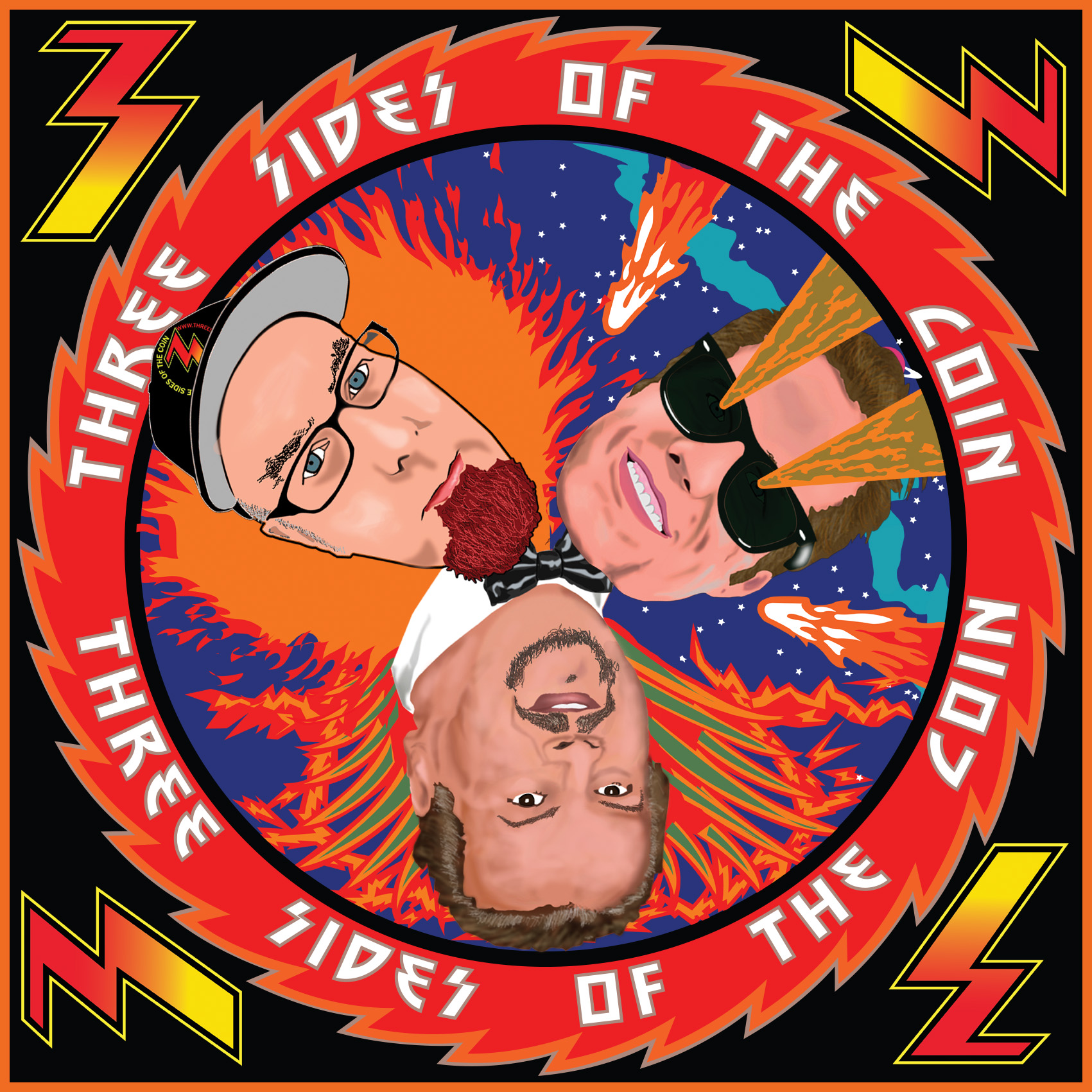
Do you need some more reasons why you should have your own website and not put all your eggs into the Facebook basket? Here are ten get reasons. I want to be clear, you need to be on Facebook, but you need to be using it as a extension of your website. Facebook needs to be a traffic source for your website. You need to engage with your fans on Facebook, do not be passive.
It doesn’t matter how hot Facebook or any of the other social media sites are looking right now. You still need to be focused on using your blog to create your own authority and brand. Want to know why?
Here are ten reasons.
- You Don’t Own Facebook: Today, Facebook stands as a great marketing channel for small business owners looking to extend relationships or bridge social capital via Payvment . Sounds great today, but remember that a few years ago MySpace and Friendster were the hot social networks of the moment. You don’t see too many marketers making these sites part of their social strategies today. Why? Because users move on. Because these networks can be bought and sold. They shift focus. They stop lending themselves to social marketing. While it’s never smart to put all your eggs in one basket, it’s especially unwise to do it when you don’t even own the basket. Make sure you’re diversifying your marketing and using the channels you most control.
- Not Everyone Is Happy With Facebook: Google engineers are deleting their accounts (with obvious motive), users are angered by the new invasive approach, and Facebook has even caught the eye of four US Senators now asking them to take a step back. With regulators being asked to step in and force changes upon Facebook, no one knows what’s going to still be around tomorrow.
- Blogging Builds Your House, Not Theirs: The content you create and post to your blog acts to build your site and your authority. That’s where your focus should be – on building a community on the site that you own. Facebook and the other social media sites help you build satellite communities, which are great, but the goal is always to direct people back to your site to get them to convert. Continually posting great content builds your network and your brand. You don’t want to build a house for someone else (say, Facebook), while yours in jeopardy of falling down.
- Creates A Site Reservoir For Common Questions: By blogging about common product or service questions, it gives you a permanent place on your site to direct people for information. That means less phone calls into your customer service center and less frustration from customers who now have a place to go to get help to common concerns. Putting that content on your site means it becomes part of your archives, no one else’s.
- Additional Search Engine Rankings: Keeping focus on your blog means that you can write content specifically intended to gain rankings for keywords you’re not strongly targeted on your main site. It also means that your content and brand will continue to show up for targeted searches and that you’ll gain authority and visibility through those rankings. You may be able to get your Facebook profile to rank for your company name, but through your blog you can get specific pieces of content to rank for high conversion searches.
- Credibility: Blogging breeds thought leadership when your become known as the “Go To” source for a specific topic. Constantly sharing thoughts, insight, and information helps you show your own expertise on a particular subject expertise that is then associated with your blog and Web site. Posting information to Facebook segregates what you’re putting out to a walled garden and makes it harder for people to find it and associate it with your company. On Facebook, you only build credibility with the people who already know about you.
- Build Links: When you say something smart on your blog, people are going to link to your site and talk about you. The links then help to increase the overall authority of your site, earn you higher rankings and help other people find out about your site or blog. When you say something smart on Facebook, people are going to Like the status update. And then move on. Not quite the same effect.
- Centralized Content: Blogs allow you to utilized multiple types of content in one place. You can use images, video, audio, and graphics at whim without having to worry about whether or not Facebook will allow you to properly upload the content. This helps to present customers with a much more unified experiences and allows you to control your own marketing messages. You don’t get that level of control using a third-party site like Facebook or Twitter.
- Gives you something to link to: By creating content on your blog, it gives you something to link people to when you’re engaging on outside social networks. If you’re producing all your content on Twitter, then your Twitter accounts in the only tool in your bag. By strengthening your own site, you have a content-rich place to send people looking for information, either about your or the services that you offer.
- Better Conversion Tracking: While Facebook does allow some ability to track what people are doing and interacting with on your back, your blog gives you the greatest ability to track action and conversion potential. You’re ability to track people through your site, the types of content they most interact with, whether or not they’re clicking through to interior pages, etc. The more you know how someone is interacting with your site, the better you can customize their experience. Remember, the goal behind social media isn’t to be in social media. The goal is to increase conversions.
Though it can be attractive as a SMB owner to let social sites like Facebook or Twitter become your dominant Web presence, it comes with a high cost. The less time you spend building content and authority for your site, the more you make yourself dependent on tools that may one day fall away. And if Facebook or Twitter went away tomorrow – would you have enough seeds planted to attract your audience? Use sites like Facebook to build your audience and promote your brand, but your blog should still be the cornerstone of your social activity.












Trackbacks/Pingbacks